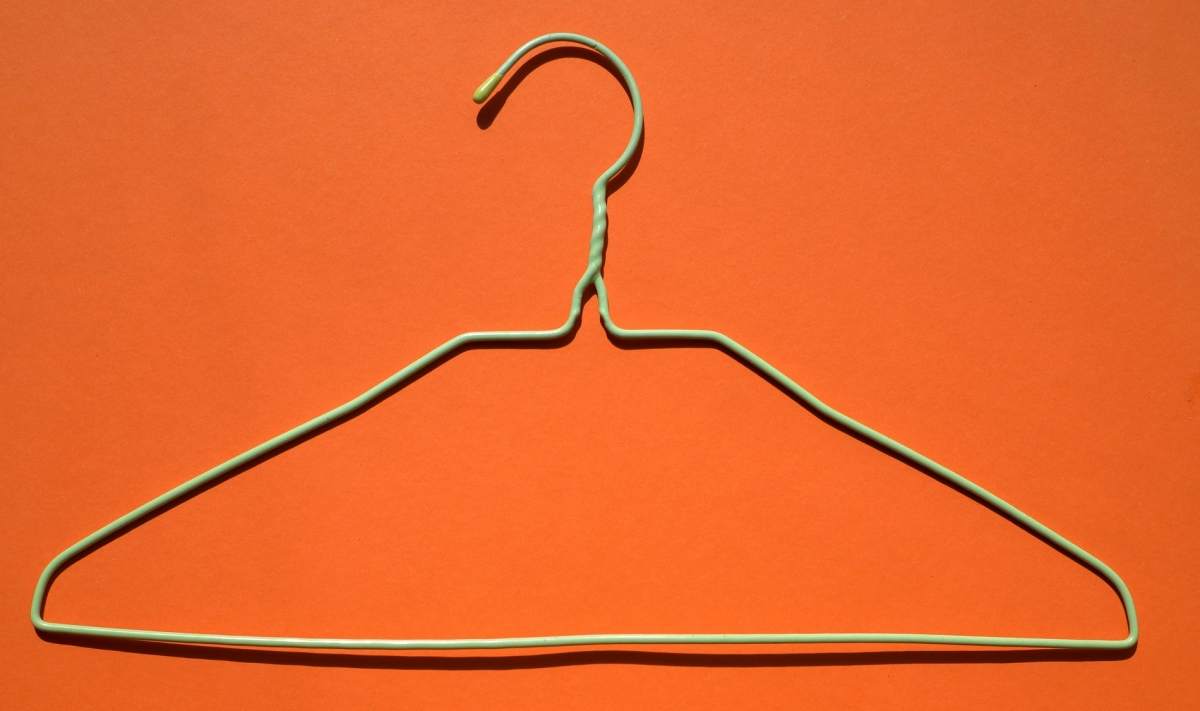Acquire techniques to help you to overcome your presentation nerves
Many of us worry about giving presentations. Feeling a little bit nervous is natural and it can even help your performance. But too many nerves could impact upon the quality, and your enjoyment, of your presentation.
To reduce the time that you spend worrying, there are a number of techniques and strategies that you can use to reduce nerves and stress in the run-up to a presentation.

Be comfortable
Wear clothing that makes you feel comfortable and good about yourself. Make sure you have a drink of water nearby. If possible, make sure the room isn’t too hot or too cold.

Be early
Arrive at the venue for your presentation early – before the audience arrives. This will give you time to prepare yourself, organise your visual aids and try out any equipment you are planning to use.
Consider the techniques below and select the ones that you think might help you to calm your nerves. You can save to your journal or download a copy of your favourite techniques.
Make a conscious effort to relax, especially two or three hours before you are due to give the presentation. You may wish to use imaging techniques to visualise success. For more information on imaging techniques, see the download below.
Prepare your presentation carefully. Effective preparation will help you decide what you are going to say and how you are going to say it.
If you find yourself worrying, practise in front of:
- Other members of your group
- An audience of supportive friends
- A mirror
If this goes well, your confidence will receive a boost. If there are issues, you’ll have time to address them.
When you first greet your audience, make an effort to smile. Most people will smile back and this will create a friendly atmosphere in the room. Smiling will also give the audience the impression that you are relaxed and confident (even if you don’t feel it), and will put them at ease.
If you are presenting as part of a group, be aware that anxiety, or excitement, can spread. Aim to manage your anxieties so that you do not worry other members of the group. If you notice that someone else is anxious, try to offer support without letting them affect your own composure.
Download 'Imaging techniques', a worksheet that may help you to boost your confidence by visualising success.
Acquire techniques to help you to overcome your presentation nerves
Many of us worry about giving presentations. Feeling a little bit nervous is natural and it can even help your performance. But too many nerves could impact upon the quality, and your enjoyment, of your presentation.
To reduce the time that you spend worrying, there are a number of techniques and strategies that you can use to reduce nerves and stress in the run-up to a presentation.
Be comfortable
Wear clothing that makes you feel comfortable and good about yourself. Make sure you have a drink of water nearby. If possible, make sure the room isn’t too hot or too cold.
Be early
Arrive at the venue for your presentation early – before the audience arrives. This will give you time to prepare yourself, organise your visual aids and try out any equipment you are planning to use.
Read the techniques below and consider which ones might help you to calm your nerves.
Relax
Make a conscious effort to relax, especially two or three hours before you are due to give the presentation. You may wish to use imaging techniques to visualise success. For more information on imaging techniques, see the download below.
Prepare
Prepare your presentation carefully. Effective preparation will help you decide what you are going to say and how you are going to say it.
Practice
If you find yourself worrying, practise in front of other members of your group, to an audience of supportive friends, or using a mirror. If this goes well, your confidence will receive a boost. If there are issues, you’ll have time to address them.
Smile
When you first greet your audience, make an effort to smile. Most people will smile back and this will create a friendly atmosphere in the room. Smiling will also give the audience the impression that you are relaxed and confident (even if you don’t feel it), and will put them at ease.
Support each other
If you are presenting as part of a group, be aware that anxiety, or excitement, can spread. Aim to manage your anxieties so that you do not worry other members of the group. If you notice that someone else is anxious, try to offer support without letting them affect your own composure.
Download 'Imaging techniques', a worksheet that may help you to boost your confidence by visualising success.
